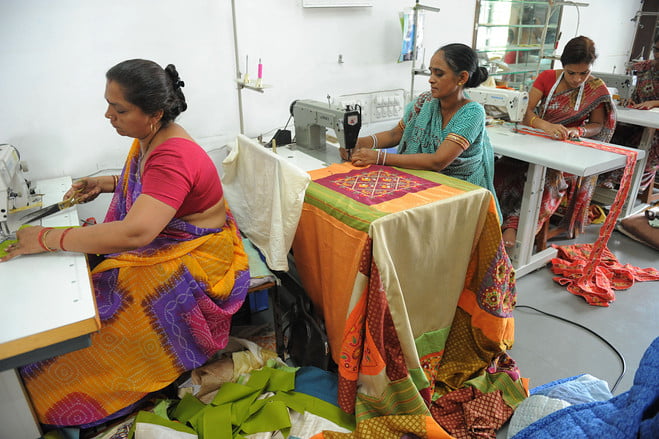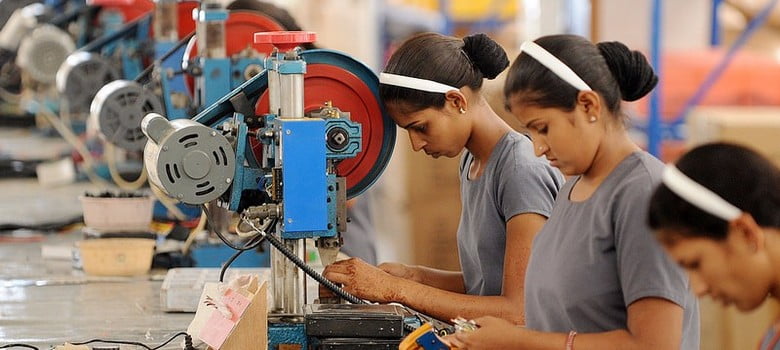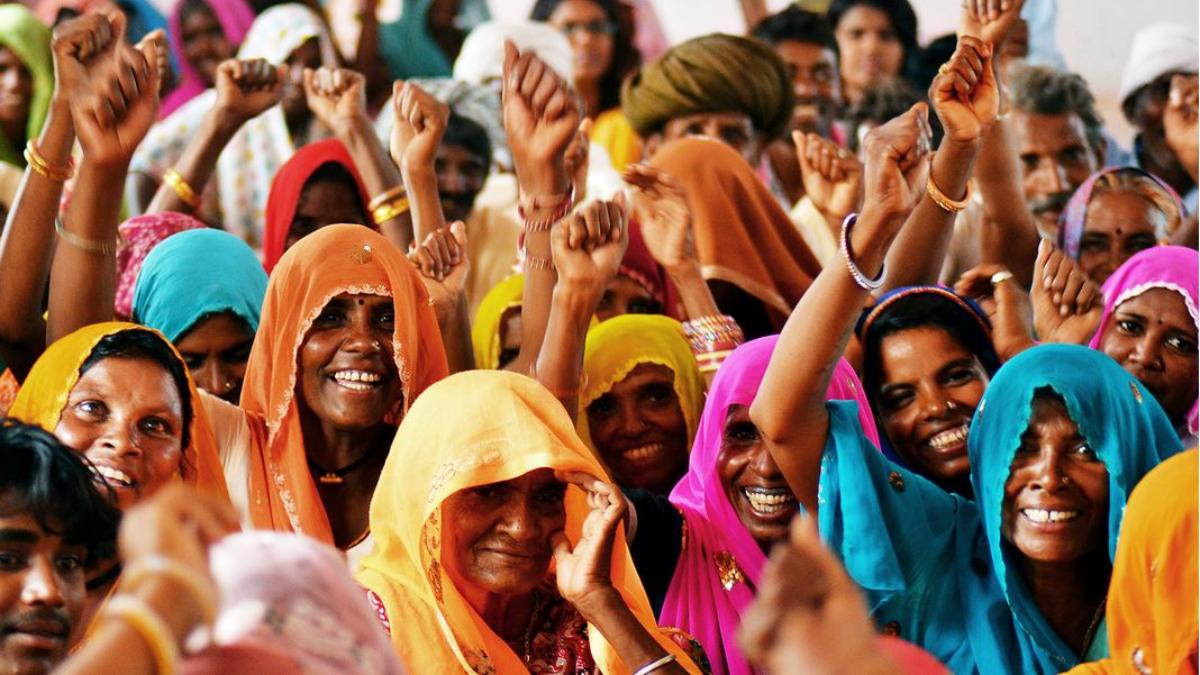On the husband’s allegation that his wife had aborted her pregnancy without his consent, the court noted that she had refused to take tuition classes owing to her pregnancy and, thus, she was prepared to take responsibility of the child. As the man could not present specific evidence that his wife’s behaviour made it challenging for him to coexist with her, the court dismissed his plea for divorce and made the point clear about the woman owning her choice for her body.
Cruelty need not be physical. If from the conduct of the spouse it is established or an inference can be legitimately drawn that the treatment of the spouse is such that it causes apprehension in the mind of the other spouse, about his or her mental welfare then this conduct amounts to cruelty.
“It is widely accepted that a woman’s right to make her own reproductive decisions is an integral aspect of her personal freedom as guaranteed by Article 21 of the Indian Constitution. She can’t be compelled to have a kid.“
Bombay High Court
The Hindu Marriage Act of 1955 prohibits the dissolution of a marriage solemnized under the Act on any grounds other than those listed in Section 13 of the Act. According to Section 13 under the Hindu Marriage Act,1955; Cruelty which is a ground for dissolution of marriage may be defined as:
‘A wilful and unjustifiable conduct of such character as to cause danger to life, limb or health, bodily or mental, or as to give rise to a reasonable apprehension of such a danger. The question of mental cruelty has to be considered in the light of the norms of marital ties of the particular society, to which the parties belong, their social values, status, environment in which they live.‘
What was the case about?
The case was regarding a man seeking divorce from his wife, who he claimed was constantly at odds with him over her desire to work and threatened to have no child till, she secures a job. The case was heard by a bench of Justices Atul Chandurkar and Urmila Joshi-Phalke.

In the case in the discussion, the husband contented that his wife had been arguing and harassing him since the marriage, expressing her desire to work and asking him to search for one for her, the allegations says that the harassment prolonged and she ultimately left the house.
Also read: What Is Keeping India’s Working Women Away From Work?
According to several news report the wife in the case delivered their first child and her second pregnancy was terminated due to health issues. Further, the husband did not provide for her livelihood or needs, and she faced susception about her character which led to her leaving the house.
What did the court say?
In the major decision, the Nagpur bench of the Bombay High Court found that Section 13 of the Hindu Marriage Act does not apply when a woman indicates a wish to leave for employment does not come under cruelty. Th court also noted the point that husband failed to prove that the wife was harassing him as there was no evidence for that.
The bench also took notice of the husband’s additional charge of cruelty, that his wife had aborted their child without his permission. However, the woman had declined to enroll in classes due to her pregnancy, and the court noted that as a result, she was prepared to raise the child. The court was strictly against the family, matrimonial house members and menfolk’s strong position in enforcing a women’s decisions.

“It is widely accepted that a woman’s right to make her own reproductive decisions is an integral aspect of her personal freedom as guaranteed by Article 21 of the Indian Constitution. She can’t be compelled to have a kid, it’s true,“ The bench made a point.
Why is the ‘freedom to choose for oneself’ still a debate?
Talking about the reproductive rights in the country, there is hardly any choice for the women so far, even in the 21st century, even with all the technological advances, we have not reached a point where there are instances that forces pregnancy on a woman thus proving we are still failing in humanity.
Also read: Unpaid Care Work And The Gendered Experience Of Working Women
Recently the Kerala High Court had said that a woman doesn’t require the consent of her husband to abort a pregnancy.
In landmark verdict the Supreme Court had ruled that all women are entitled to safe and legal abortions, irrespective of their marital status. But the stigma attached with the women when she chooses to go with the pregnancy when she is unmarried or abort a pregnancy when she is married, she is entitled to answer to a certain section of the society that shows interest in her reproductive rights.

With the societal stigma, women and girls remain confronted with significant obstacles to fully exercising their reproductive rights, like poor-quality health services and denials of women’s and girls’ decision-making authority, despite India being one of the first nations in the world to develop legal and policy frameworks guaranteeing access to abortion and contraception. Countering the pressure from the matrimonial house is not easy with the guilt tripping and stigmatisation associated with it when the women go against it. It widely affects one’s mental health
It is disappointing that there are discriminatory clauses such spousal consent requirements for access to reproductive right or health treatments, undercutting women’s right to make their own reproductive decisions. A woman’s desire to pursue a job, give birth, live a life of her own should be totally up to her and the allegations and cruelty claims for a choice she makes shows one face of a section of the society that failed in humanity.
Also read: Problems Faced By Working Women: Restriction On Mobility, Discrimination And Household Violence
Although the Bombay High Court of India’s decision is often praised as a progressive one, it requires a critical examination of the stigmatisation of women making a choice with respect to her reproductive rights in the Indian society.




